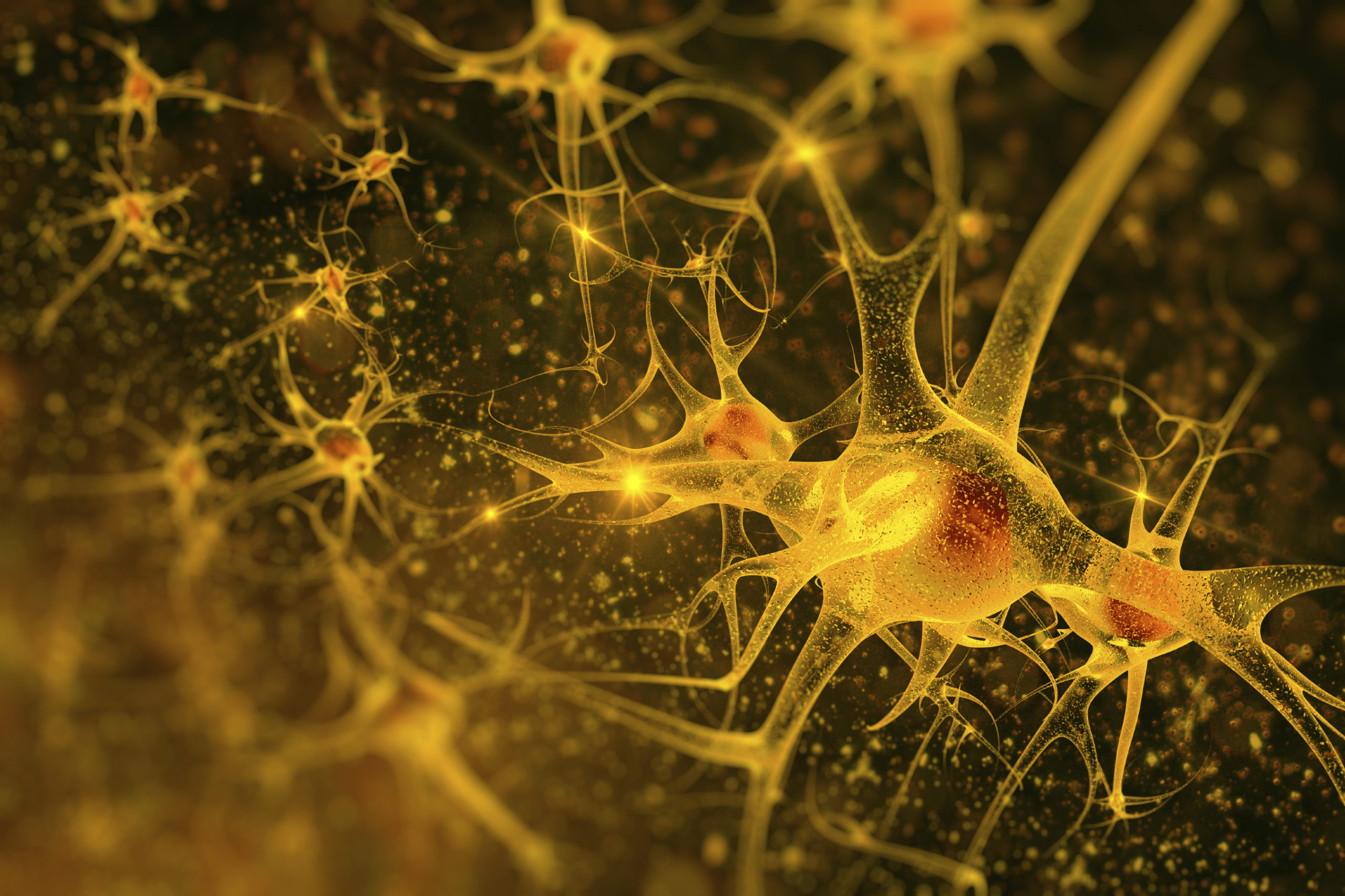Category: Disease Discoveries
-

Novel Mechanisms Regulate Immune Response to Cancer and Infection
Northwestern Medicine investigators have discovered new intracellular mechanisms that help specialized immune cells adapt and respond to disease and acute inflammation, findings that may inform the development of targeted therapies for cancer and tissue injury, according to a recent study published in the Journal of Clinical Investigation.
-

Common Genetic Variants Help Determine Heart Failure Risk, Study Finds
Screening for common genetic variants in addition to rare genetic variants can help improve patient risk stratification for heart failure, according to a recent Northwestern Medicine study published in Nature Genetics.
-

Enzyme Drives Treatment Resistance in Ovarian Cancer
Northwestern Medicine scientists have identified a key driver of chemotherapy resistance in advanced ovarian cancer, according to a study published in the Journal of Clinical Investigation.
-

Many Young Adults Have High Long-term Risk for Cardiovascular Disease, Study Finds
A recent Northwestern Medicine study published in JAMA has found that one in seven U.S. adults between the ages of 30 and 59 years have a high 30-year risk for cardiovascular disease.
-

Protein Implicated as Driver of Lung Cancer
Northwestern Medicine scientists have uncovered how a testis-specific protein contributes to tumor growth and progression when it is mis-expressed in lung cancer, according to a study published in Science Advances.
-

Fewer Long-Distance Runners Die of Cardiac Arrest, Study Finds
Fewer long-distance runners are dying from heart problems during organized races, according to a new study published in the Journal of the American Medical Association.
-

Sugary Drinks Linked to Gut Bacteria Changes and Diabetes
Sugary drinks have been linked to changes in the gut microbiome and higher diabetes risk in Hispanic and Latino populations, according to study published in Cell Metabolism.
-

ALS Drug Effectively Treats Alzheimer’s Disease in New Animal Study
A small-molecule compound developed by Northwestern scientists improves neuron health in animal models of Alzheimer’s disease, according to a new study published in PNAS.
-

Study Identifies Link Between Body Clock Disruption and Metabolic Disease
Northwestern Medicine investigators have discovered how disruptions in circadian rhythm in our muscles combined with poor diet can contribute to the development of diabetes, according to a recent study published in Proceedings of the National Academy of Sciences.
-

New Key Genes in Parkinson’s Disease Identified Using CRISPR Technology
A new Northwestern Medicine study published in Science has identified a new set of genes that contribute to the risk of Parkinson’s disease, opening the door to previously untapped drug targets for treating the disease.






